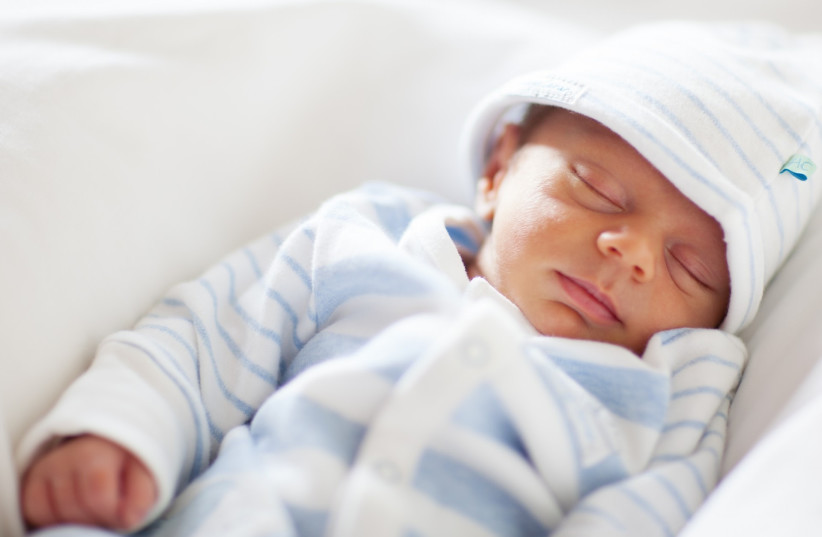Research has long indicated that mothers’ distress during pregnancy has been connected with infant temperament and behavior. Now a novel new study conducted by Northwestern University measured mothers’ experience of stress in real time on various occasions, providing a closer look at whether "rollercoaster emotions" throughout pregnancy impact infant development.
Turns out, it does.
The findings, which conclude that links between parent and child are based on genes as well as experiences, even prior to birth, were published Wednesday in the bi-monthly peer reviewed journal Infancy.

“We asked about general stress—not pandemic-related stress. But we took advantage of the occurrence of the pandemic during the course of the study to see if we could detect its impact on mothers’ experiences."
lead study author Leigha MacNeill
According to the research, when a mother moves between extreme moods during pregnancy, the child develops a stress pattern that could reflect instability in daily life experiences, shaping the offspring's disposition toward negative emotions.
How were prenatal stress and infant temperament measured?
The study authors measured pregnant individuals’ stress up to four different times per day for 14 weeks using questions sent to participants’ phones.
They identified three types of stress: stress at the first assessment (baseline), average or typical levels of stress across the 14-week period, and the amount a person changed in their stress from one time to the next across the 14-week period (lability).
The authors measured infants’ negative emotions via a temperament questionnaire given to mothers when their infants were three months old.
Researching changes in stress during pregnancy in relation to infant development is a relatively new idea, and the study authors said there is not yet a clear understanding of how stress and pregnancy impact the developing fetus.
Researchers noted that more diverse research on the topic is needed.
“This is a really early index (three months), so we’d want to see how consistent their negative affect levels are in the first year of life,” lead study author Leigha MacNeill said. “Parents are the ones who can soothe their infants and be really responsive to their needs, and as infants grow, there are things parents can do to help the child navigate situations and learn to regulate and cope with their negative emotions.”
Did the pandemic impact gestational stress?
COVID-19 has been a notably stressful time. But the scientists didn’t intend to conduct a study on prenatal stress during a pandemic.
This is what happened, though, as some participants completed their assessments before COVID-19 began; some before and during the pandemic; and some completely during the pandemic.
“We asked about general stress—not pandemic-related stress,” MacNeill said. “But we took advantage of the occurrence of the pandemic during the course of the study to see if we could detect its impact on mothers’ experiences.
“We found that mothers’ stress patterns were unrelated to the timing of the pandemic. Mothers reported similar levels of stress regardless of whether their stress measurements occurred before or during the pandemic.”
MacNeill added that having a clear understanding of the nature of stress during pregnancy may assist prevention efforts, such as helping individuals reach a consistent level of relaxation before or at the start of pregnancy, at least in regard to controllable events.
